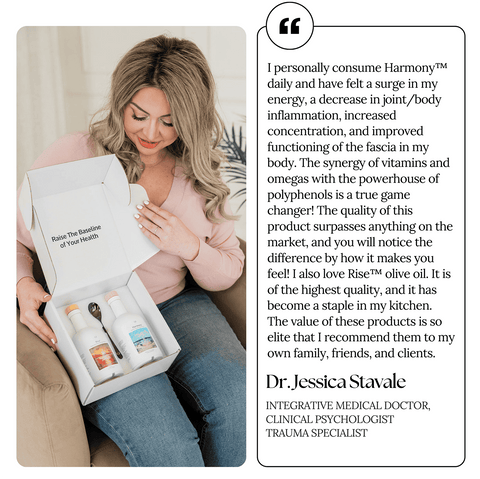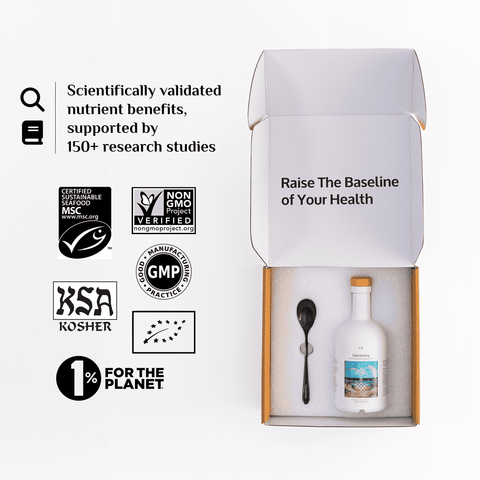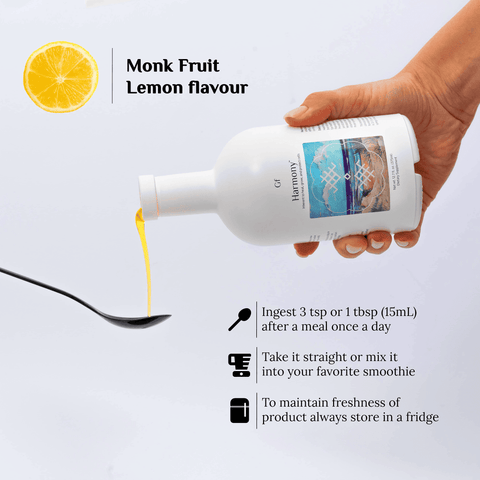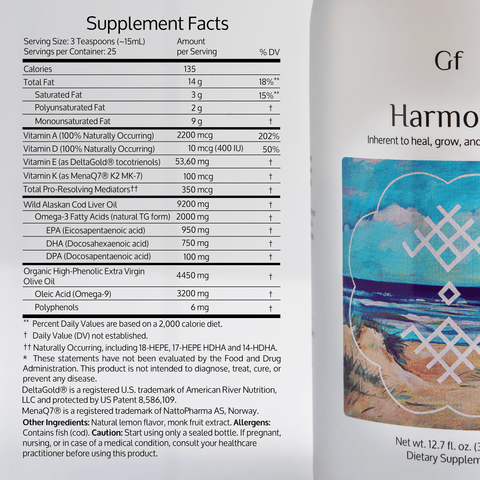The joy of becoming a new mother is often tempered by a pervasive sense of exhaustion. Postpartum fatigue is an incredibly common issue, affecting many new moms. This overwhelming tiredness goes beyond the expected sleep deprivation of early motherhood. It can cause physical and emotional depletion, making it difficult to care for yourself and your baby. While several factors contribute to postpartum fatigue, could a lack of vitamin D be one of them?
Vitamin D: The 'Sunshine Vitamin'
Vitamin D, commonly known as the "sunshine vitamin," plays a crucial role in many bodily functions. It's essential for bone health, immune function, and even impacts our mood. Our bodies naturally create it when our skin is exposed to sunlight, which is why a lack of sunshine can be a problem.
The Connection Between Vitamin D and Postpartum Fatigue
Research suggests a link between low vitamin D levels and increased fatigue in new moms. Studies indicate that women with lower vitamin D levels are more likely to experience postpartum fatigue [1]. Further research has found that supplementing with vitamin D can significantly improve fatigue levels in those with a deficiency [2].
How Vitamin D Could Help New Moms
Vitamin D is believed to help combat postpartum fatigue in several ways:
- Improved Sleep Quality: Vitamin D plays a role in regulating our sleep-wake cycles. Studies have found that vitamin D deficiency can disrupt sleep patterns, leading to insomnia and restless nights [3]. Better sleep naturally translates to feeling more energized during the day.
- Enhanced Mood: Postpartum depression and other mood disorders are often linked to vitamin D deficiency [4]. Boosting vitamin D levels could positively affect your mood and motivation, reducing the emotional exhaustion of new motherhood.
- Increased Muscle Strength: Vitamin D is vital for muscle function, and a deficiency can lead to muscle weakness and soreness [5]. This can worsen the physical tiredness that comes with caring for a newborn.
Optimizing Your Vitamin D Levels
If you suspect your postpartum fatigue might be worsened by a vitamin D deficiency, talk to your doctor. A simple blood test can check your levels and determine if you need a boost. Here's how you can naturally increase your vitamin D:
- Sunlight Exposure: Short periods of sun exposure (about 15-20 minutes most days of the week, when possible) on your arms and legs can help your body produce vitamin D. Always do so safely and consider sunscreen after the initial period.
- Vitamin-Rich Foods: Fatty fish (like salmon or tuna), eggs, and mushrooms are natural sources of vitamin D.
- Supplements: Ask your doctor if a vitamin D supplement is suitable for you. This may be particularly helpful if you get limited sun exposure or dietary sources.
A Word about Harmony™
If you're looking for an easy way to boost your vitamin D levels, consider Harmony™ from Goodfatts. This blend of essential and healthy fats, vitamins, and antioxidants includes a significant source of vitamin D. It can be a convenient supplement for busy new moms.
Important Disclaimer
This article is for informational purposes and does not replace professional medical advice. Always consult with your doctor before starting new supplements or making changes to your postpartum health plan.
References
[1] Uranga RM, Levine MA, et al. (2017). Addressing Vitamin D Deficiency in Postpartum Women. J Midwifery Womens Health. 62(4):432-437.
[2] Aghajafari F, Nagulesapillai T, Ronksley PE, Tough SC, O'Beirne M, Rabi DM. Association between maternal serum 25-hydroxyvitamin D level and pregnancy and neonatal outcomes: systematic review and meta-analysis of observational studies. BMJ. 2013 Mar 13;346:f1169.
[3] Gominak, S.C., & Heymes, J. K. (2016). Vitamin D deficiency and sleep. Vitamin D Deficiency and Human Health, 174-182.
[4] McCoy S.J., Stremming S., et al. Vitamin D status and depressive symptoms in the postpartum period: A prospective cohort study. J Womens Health (Larchmt). 2018;27(7):893-900.
[5] Wacker M, Holick MF. Vitamin D - effects on skeletal and extraskeletal health and the need for supplementation. Nutrients. 2013;5(1):111-148.









